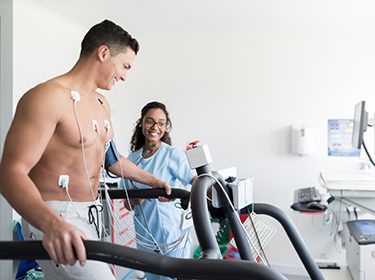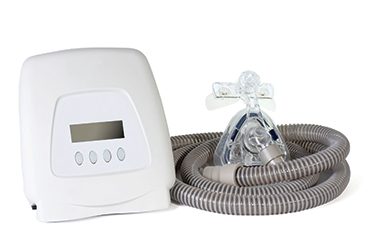HEART DISEASE

Travel may adversely affect individuals who have forms of heart disease that reduce their capacity for exercise and their ability to handle stress. There are numerous forms of heart disease, including congenital (present since birth) or acquired structural abnormalities, infectious or inflammatory conditions, ischemic heart disorders (that restrict the blood supply to various parts of the body) and serious rhythm abnormalities. All of these conditions can affect the heart’s ability to pump blood through the circulatory system and to oxygenate the body’s tissues and can raise the risk of a heart attack. Simply carrying your luggage at a brisk pace through a large airport may provoke a heart attack.
People with known heart disease should consult their cardiologist before deciding to travel. Symptoms that might indicate a cardiac issue include shortness of breath, dizziness, gastrointestinal upset and pain in the chest, arm or jaw. If you experienc any of those symptoms, even if you’ve never been diagnosed with heart disease, see your doctor before going on a trip.
The doctor may order certain diagnostic tests to see if you have a cardiac disorder. While in a remote location or even in a city far from home is not the time to discover an insidious blockage of your coronary arteries. If your doctor detects a cardiac condition, appropriate medications will need to be prescribed, adjusted and optimized many weeks before you leave home. Be sure to bring extra amounts of any prescription medications with you in case of travel delays. If you have an implanted pacemaker, have the device tested before departure.
Sleep apnea, which is a concern for some individuals with heart disease, may be exacerbated by certain over-the-counter medications often used to treat travel ailments. Discuss with your physician any medications you might use. Travel to high altitudes may be inadvisable for individuals with severe sleep apnea that requires use of a continuous positive airway pressure (CPAP) machine. If you plan to travel with a CPAP machine, especially to a high-altitude location, consult your respiratory technician before you leave home to make sure that your machine will function properly at reduced atmospheric pressure and to learn how to make any necessary adjustments.

People with known heart disease should consult their cardiologist before deciding to travel.

Sleep apnea, which is a concern for some individuals with heart disease, may be exacerbated by certain over-the-counter medications often used to treat travel ailments.
DAN Customer Service
Mon–Fri, 8:30 a.m. – 5 p.m. ET
+1 (919) 684-2948
+1 (800) 446-2671
Fax: +1 (919) 490-6630
24/7 Emergency Hotline
In event of a dive accident or injury, call local EMS first, then call DAN.
24/7 Emergency Hotline:
+1 (919) 684-9111
(Collect calls accepted)
DAN must arrange transportation for covered emergency medical evacuation fees to be paid.
Medical Information Line
Get answers to your nonemergency health and diving questions.
Mon–Fri, 8:30 a.m. – 5 p.m. ET
+1 (919) 684-2948, Option 4
Online: Ask A Medic
(Allow 24-48 hours for a response.)